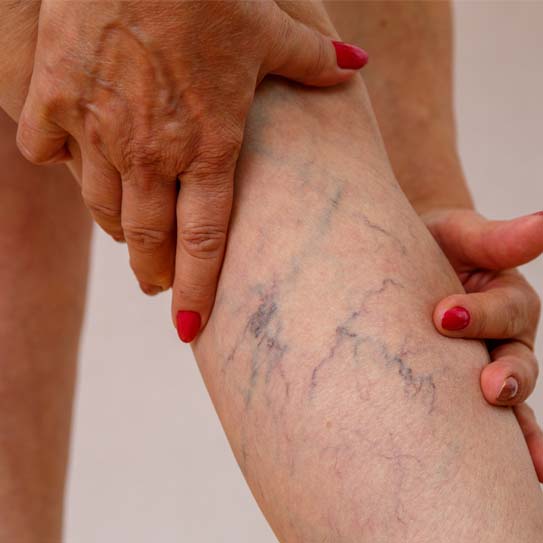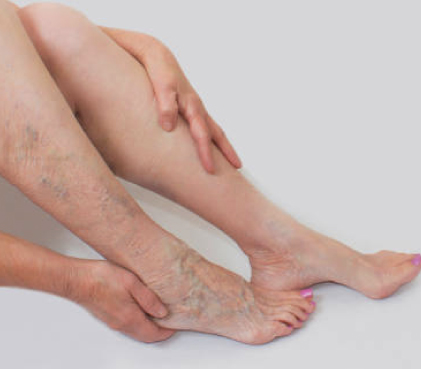
The majority of nasal polyps are small and asymptomatic, but larger growths can obstruct the nasal passages and seriously impair breathing. They may even cause loss of taste and smell, as well as an increased risk of sinus and nasal infections. Nasal polyps can lead to issues like obstructive sleep apnea, asthma flare-ups, recurring sinus infections, etc. if they are not treated properly.
To be ready for the procedure and prevent both surgical and post-surgical difficulties, you should follow the guidelines provided:

Is surgery for nasal polyps effective?
Surgery for nasal polyps has a high probability of success in giving patients symptomatic relief and a great quality of life.
What are the possibilities of a recurrent nasal polyp following surgery?
By receiving the right care and treatment, nasal polyp recurrence can be prevented. The majority of patients (approximately 80%) have, however, reported that polyp growth returned a few years following the operation.
Can nasal polyps cause long-term harm?
Sometimes, if untreated, nasal polyps can expand farther and permanently harm nearby soft tissues like the brain, eye, or other body parts. Infection of the sinuses may also result from the bacterial and viral buildup brought on by soft tissue development.
Can nasal polyps develop into cancer?
No, nasal polyps are benign growths that cause nasal congestion. Although they constantly enlarge if left untreated, they often never progress to malignancy.

Also known as endovenous laser treatment or EVLA, this is a minimally invasive ultrasound-guided procedure that involves the use of ultrasound images and laser fiber in order to kill the delicate lining of the veins. After a few days following the procedure, the body absorbs the dead tissues, closing off the abnormal veins with minimal or no discomfort. This is one of the most commonly preferred methods as it involves far fewer complications, and the recovery time, as well as the success rate of this method, is much faster and higher than that of any surgical process.

Also known as endovenous laser treatment or EVLA, this is a minimally invasive ultrasound-guided procedure that involves the use of ultrasound images and laser fiber in order to kill the delicate lining of the veins. After a few days following the procedure, the body absorbs the dead tissues, closing off the abnormal veins with minimal or no discomfort. This is one of the most commonly preferred methods as it involves far fewer complications, and the recovery time, as well as the success rate of this method, is much faster and higher than that of any surgical process.

Also known as endovenous laser treatment or EVLA, this is a minimally invasive ultrasound-guided procedure that involves the use of ultrasound images and laser fiber in order to kill the delicate lining of the veins. After a few days following the procedure, the body absorbs the dead tissues, closing off the abnormal veins with minimal or no discomfort. This is one of the most commonly preferred methods as it involves far fewer complications, and the recovery time, as well as the success rate of this method, is much faster and higher than that of any surgical process.